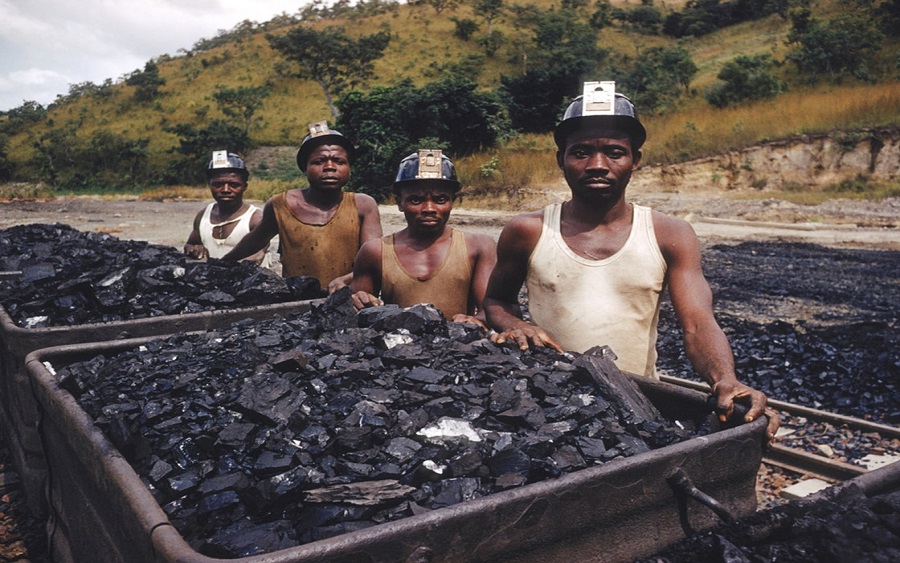For 15 days in November, world leaders, climate change activists, and the media gathered in Sharm El Sheikh, Egypt, for the 2022 United Nations Climate Change Conference also known as the Conference of Parties (COP 27). As expected, the conference attendees deliberated on different topics on how to save the planet.
Interestingly, weeks after COP 27, the United Kingdom (UK) approved the first coal mine in 30 years, in the Cumbria area of Northwest England.
This came as a shock to many because just a year earlier, the UK had hosted about 200 countries for COP 26 in Glasgow. During the conference, countries signed the Glasgow Climate Pact which planned to, among other things, minimize unabated coal usage. Also, during his speech at the recently held COP 27, UK Prime Minister Rishi Sunak called on world leaders to deliver on the promise made at COP 26.
A controversial move: The UK’s decision to resort to coal mining to meet its electricity needs has generated a lot of controversies, especially considering the UK is a leading figure in climate change actions. In reaction to the announcement, the United States of America (USA) Special Presidential Envoy for Climate, John Kerry, stated that the decision will undermine efforts to phase out unabated coal usage and limit global warming.
- The decision also generated reactions from the media. James Murray, the Editor-in-Chief of BusinessGreen, noted that achieving net-zero emissions by 2050 is already a herculean task. And the decision by the UK government will only make it harder to achieve. Murray also noted that contrary to the belief that the project will bring about economic recovery, those who believe in it “have been sold a false prospectus.”
- The UK decision has also been described as hypocritical, especially considering the commitments made by the UK at previous COP events. Note that the recently approved coal mine is billed to operate for 50 years, exceeding the year 2050 projection for net zero.
- Asides from the UK, countries like Germany, Finland, Netherlands, France, and Austria have all commissioned new coal mines or reopened closed ones.
- Earlier at COP 27, developing countries had accused the rich countries of hypocrisy and lack of sincerity in their climate change campaigns. They noted that despite urging them to give up on fossil fuels, they are reopening coal mines.
Nigeria’s coal industry: The decision from the UK has opened discussion on the coal industry in Nigeria which has been nested in the rivers of forgotten waters.
Coal deposits are abundant in Nigeria, such that Enugu, a city in the Southeastern part of the country, has the slogan “The Coal City.”
- Records show that coal was first discovered in Nigeria in 1909 in Enugu State. Coal was also one of Nigeria’s major revenue generators between 1916 and 1970. It was also used locally for power generation and transportation, especially for trains. The decline in coal usage is often attributed to the discovery of oil and the Nigerian civil war between 1967-1970.
- The Nigerian Coal Corporation (NCC) was established in 1950 to oversee activities in the coal industry, and also manage infrastructures at mines in the country. Despite the lack of usage locally after the civil war, Nigeria exported coal to countries like Italy and UK.
- In 1999 the government of Olusegun Obasanjo granted private companies the licence to begin operating coal fields with the NCC. The last known activity of the NCC was in 2002.
Huge potential for Nigeria: According to reports, coal deposits in 17 identified locations across Nigeria stand at 2.8 billion metric tonnes. There is also a proven reserve of 379 million metric tonnes.
- With the latest development across the world and countries reneging on its promise, it’s high time Nigeria revisited its coal industry which addresses one of the most important sectors in the country. Coal could generate 53,900 megawatts of electricity for Nigeria by 2030.
- Also, reports say Nigerian Coal is one of the most bituminous in the world and it is environmentally friendly which also aligns with the goal of COP on a clean source of energy.
